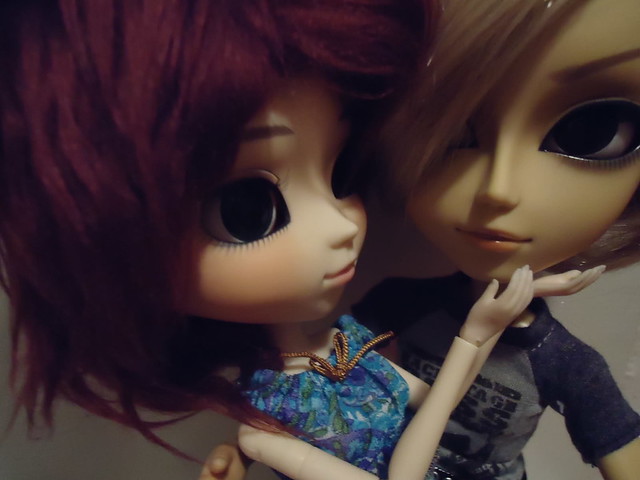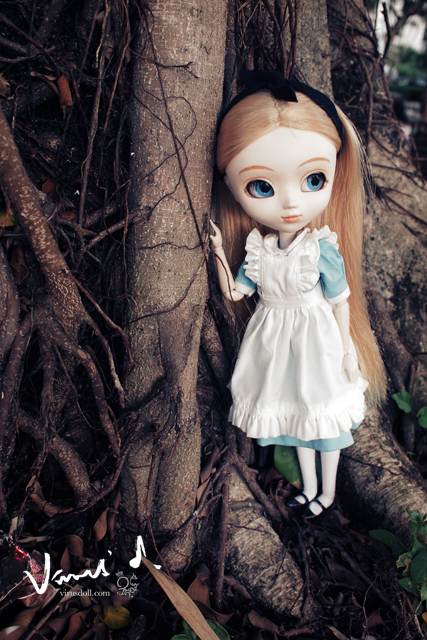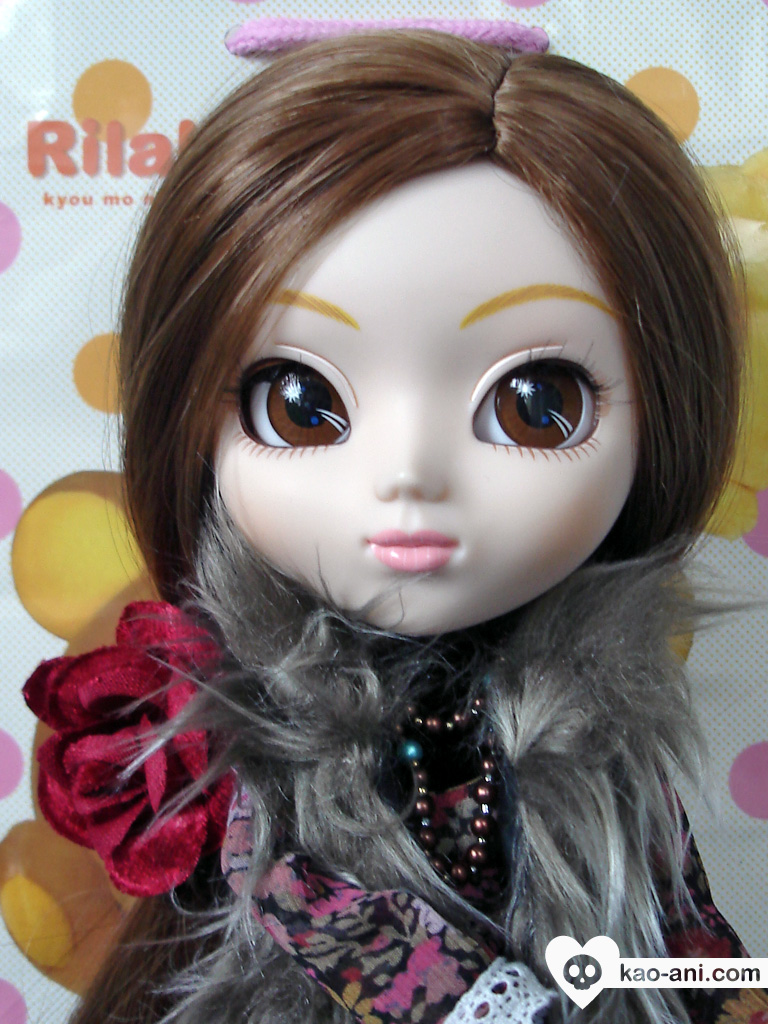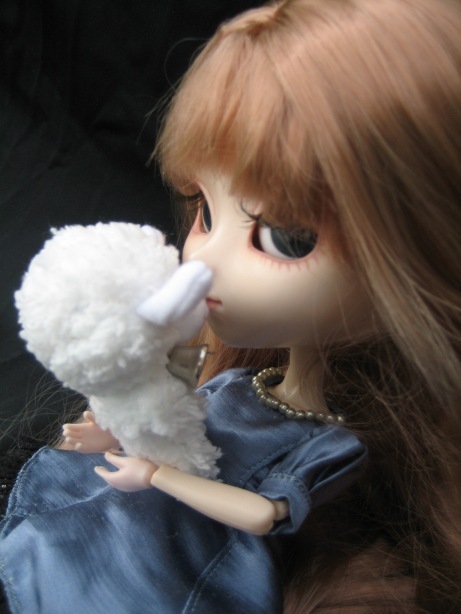"Bajau Sabah not Bajau Philippines". That is the expression most of the 'Son of Jati' Sabah Bajau when dealing with certain parties such as the Immigration Department, Registration Department, the Department of Education. All parties are still confused between the Bajau of Sabah and the Bajau of the Philippines.
Based on the legal record of the United Sabah Bajau Organization (USBO), Sabah Bajau tribe has 12 sub-ethnic groups in Malaysia include Irranun, Same, Suluk, Binadan (Bannaran), Ubian, The Delaut, jong, Sikubung, Simunul, Samal, Yakan and Jama Mapun (never in dispute).
In fact, based on randomized studies, it appears that there are sub-ethnic groups in our country is more than the existing records, particularly from the Philippines. They are known as Bajau Philippines, either has managed to get citizenship ‘songsang’ (inverse) or illegal immigrants PATI (Pendatang Asing Tanpa Izin).
For the PATI, their arrival is like 'mushrooms grow after the rain' in Sabah. Bajau community unstinting pursuit of the Philippines is the fate of life in the corner cause the appearance of some broad issues and social problems in Sabah.
They were dominated various illegal businesses such as selling retail goods, including cigarettes, cocaine and alcohol in large markets, sidewalks and wherever there is space; at prices far cheaper than the dealers Sabah Bajau.
They also seize the opportunities offered jobs even though salaries are too low and is unable to do heavy work done by the Bajau of Sabah on several factors such as high cost of living and dignity than RM150 per month minimum wage offer; not to mention many of the Bajau Filipinos working in Chinese restaurants to to hold, cut and cook pork.
The majority of the Philippines Bajau have MyKad, IMM13 and so on, but many of them have issued false documents syndicates and get political asylum from the ruling party.
Second and subsequent generations born in Sabah identity problems for failing to have identification documents because when they were born, their parents still do not have to hold a passport or a document; up their citizenship status can not be determined.
The fate of the Philippines Bajau called 'Senior Floating' is more unfortunate because do not have access to that obtained their parents have a MyKad from Scandal X-Files government; so neglected their welfare.
Their children are not eligible for citizenship and not 'Native' in spite of one or both of their parents is a citizen of Malaysia on the grounds that the mother or father or both are not a citizen at the time of their birth.
According to the regulations and the Federal Constitution clearly states that citizenship be granted when the birth mother or father of one who hails from Sabah as in Article 14 (1) (b) based on the principle of "jus soli", which was amended in September 1962; and not "jus sanguinis" (by blood) who practiced in the Philippines.
A lot of people confused because the authorities gave their Malaysian citizenship status to the parents 'Bajau Philippines', but they refused to give citizenship status to the 'dependent' (descendants) until we get the special attention of the Commission on Human Rights.
Human Rights Commission had received complaints regarding citizenship Bajau Filipino children who did not get citizenship even parents who have become citizens of the Philippines is purified as a citizen of Malaysia.
A corollary to their children become victims of 'People Without a Country' and unable to enjoy their rights as citizens or other words as a human rights violated and forfeited without mercy.
Is it true that the Sabah State Government to protect the rights of indigenous peoples of Sabah Bumiputera or? The question is, who are indigenous peoples or natives of Sabah?
According to Section 21A, Article 161A, 6 (b) of the Constitution states that;
(6) In this Article 'indigenous' means: -
(B) of Sabah, a citizen and is the son or grandson of a person from an indigenous people of Sabah and was born (whether or not on or after Malaysia Day) in Sabah or his father, at the time of birth, is domiciled in Sabah .
Instead the 161A, 7 explain that;
"The people who would be deemed to be indigenous to Sarawak for the purposes of the definition of 'natives' in Clause (6) is Bukitan, Bisayahs, Dusun, Sea Dayaks, Land Dayaks, Kadayan, Kalabit, Kayan, Kenyah (including Sabup and Sipeng) , Georgetown (including Sekapan, Kejaman, Lehanan, Punan, the Cape and Kanowit), Lugat, Lisum, Malay, Melano, Murut, Penan, Sian, Tagal, and Ukit year journey."
Compared with the Sabah Bumiputera or ethnic identity of Native not explicitly stated until the considerable problem of Indigenous Peoples and the State Children, as any party may make their own interpretations, depending on the influence and power they have; let alone intervention Affairs Council State child to drown the role of the Sabah Native Courts.
Although it was 47 years of independence, but the people of Sabah 'was never an umbrella before the rain' for Article 161A, 6 (b) has not been amended to give equal rights to indigenous peoples and the State Children in line with Article 161A, 7 of the Federal Constitution.
In the meantime, as Defination Of Native Ordinance, Cap.64 of The Law of Sabah seems inconsistent with the Federal Constitution but still applicable today.
In the Ordinance clearly states the meaning of 'Native' as follows:
"Any person who is ordinarily resident in Sabah, is a member of a people indigenous to the Republic of Indonesia or the Sulu group of Island in The Filipine Archipelago or the state of Malaya or The Republic of Singapore, has lived as and been a member of a native community for a continuous period for five years immediately preceding the date of his claim to be a native, has borne a good character throughout that period and whose stay in Sabah not limited under any of the provisions of the Immigration Act, 1959/63 [Sec.2 (1) (d)] "
"Native Community" means any group or body of persons or the majority of whom are natives within the meaning of paragraph (a) of Sub Section (1) and who live under the provisions of the Rural Government Ordinance, or of a Native Chief or Headman appointed under the Provision of the Ordinance [Sec.2 (2) (b)]
Although there is a significant barrier in terms of citizenship, the rights of indigenous and Native Sabah, but all applicable laws and in force in our country; the Federal Constitution is the supreme law in accordance with Clause (1), item 4 of the Federal Constitution namely;
"This Constitution is the supreme law of the federation and any law passed after independence and the contravention of this Constitution shall be void to the extent that the contrary is."
State government is like 'feeding monkeys in the jungle, while children in the bosom die of thirst' for failing to bring the motion of Native rights and indigenous Sabah to be coordinated with the Federal Constitution.
State government is like 'feeding monkeys in the jungle, while children in the bosom die of thirst' for failing to bring the motion of Native rights and indigenous Sabah to be coordinated with the Federal Constitution.
Najitahnya, rights of Sabah Bajau eroded if the Sabah State Government and Federal Government did not take appropriate measures to protect human rights and their sovereignty.
According to the 2009 Annual Report of Suhakam, the Immigration Department of Sabah has issued a total of 186.176 passes in various sectors and enroll a total of 175.283 illegal immigrants who until June 30, 2009 a total of 361.459 foreign immigrants in Sabah and all the voters registered with the Election Commission (EC).
In this regard, there is a growing number of social issues and extensive loaded in Sabah like a criminal drug syndicates, Sabah customary land confiscation, street children, prostitution, human trafficking, smuggling and many others.
The government kept a relatively high spending to address social problems facing the state by establishing prevention programs and rehabilitation programs on an ongoing basis, including building more temporary detention centers (Red House), but failed to resolve a complaint the principal people of Sabah.
The question is until when will our country continue to spend the money to the Philippines Bajau no useful return value, while the Bajau of Sabah marginalized to think to switch support to the opposition, which promised freedom of speech and human rights of those who are marginalized over the years?





















0 comments:
Post a Comment